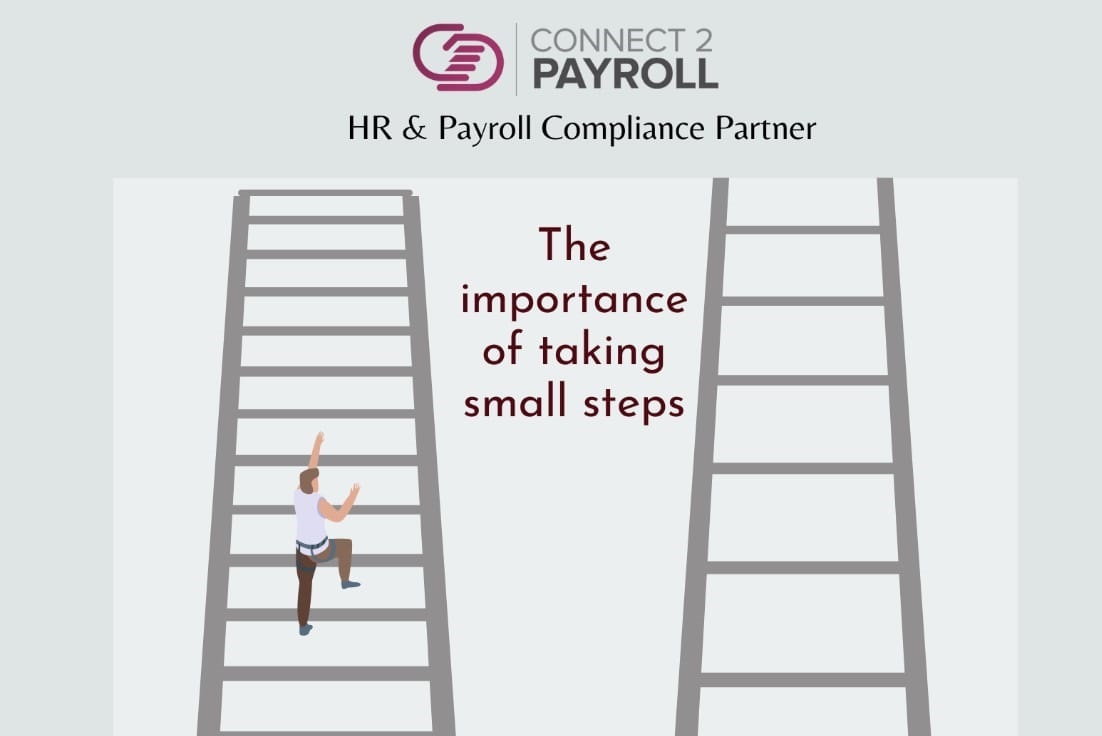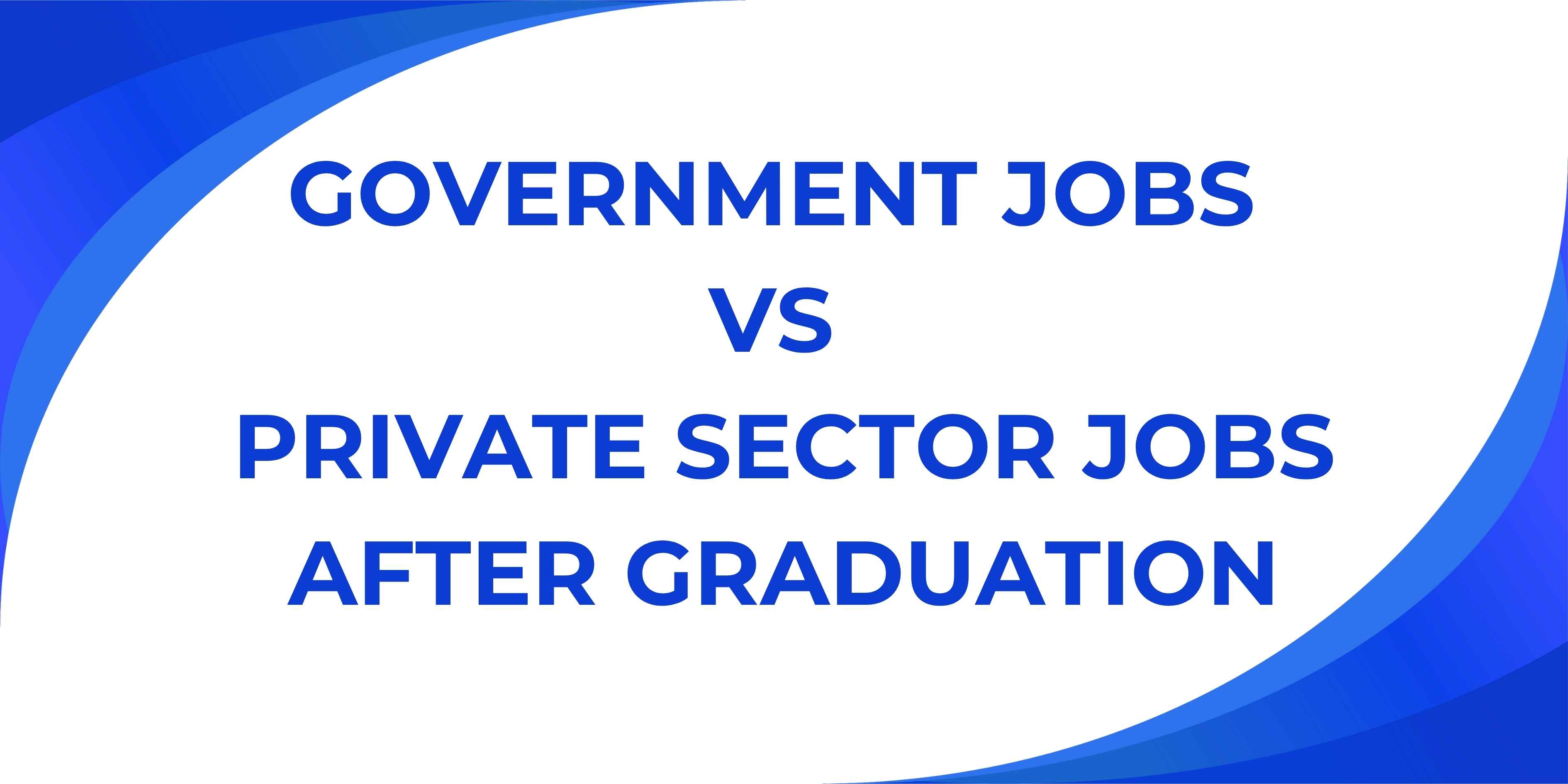Anesthesiology MD: How to Prepare for Residency + NEET SS

Strong 8k brings an ultra-HD IPTV experience to your living room and your pocket.
Suppose you’re pursuing an MD in Anesthesiology and looking ahead to cracking NEET SS Anaesthesia. In that case, you’re on the right path toward specialisation in one of the most critical fields in medicine. Whether you’re just beginning your anesthesiology residency or in your final year, it’s important to balance clinical learning with focused exam preparation. In this guide, we will walk you through an effective NEET SS Anaesthesia preparation strategy that provides insights on how to excel during your Anaesthesia MD course and outline steps to become a competitive super-specialty aspirant.
Understanding the Anaesthesia MD Course
The MD Anesthesiology is a rigorous 3-year postgraduate course that trains doctors in perioperative patient care, pain management, critical care and emergency medicine.
During residency, you’ll rotate through:
- General anaesthesia and subspecialties
- Intensive care units (ICU)
- Preoperative assessment clinics
- Pain clinics
Core Objectives:
- Gain hands-on skills in airway management, regional anaesthesia and resuscitation.
- Develop decision-making under pressure.
- Understand the pharmacology and physiology central to anaesthetic practice.
How to prepare for NEET SS Anaesthesia?
- Start Early: Ideally in the 2nd Year of MD
- Don’t wait until your final months. NEET SS demands depth and clinical reasoning. Start brushing up on standard textbooks and case scenarios from your second-year studies.
- Know the Syllabus and Pattern
NEET SS Anaesthesia primarily covers:
- Core anesthesiology topics
- Intensive care
- Pain management
- Applied physiology and pharmacology
Question format: Single-best answer MCQs. Focus is largely clinical.
- Standard Books to Refer
- Morgan & Mikhail’s Clinical Anesthesiology
- Miller’s Anaesthesia
- Yao & Artusio’s Anesthesiology: Problem-Oriented Patient Management
- Barash Clinical Anaesthesia for advanced understanding
- Clinical Case-Based Revision
- Many questions are clinical vignettes. Create a notebook of frequently encountered ICU/pain management cases.
- Form a Study Group
- Discussing cases and high-yield topics with peers sharpens Understanding and retention.
NEET SS Anaesthesia Strategy: Final 6-Month Plan (Month & Strategy)
- 6–4 Months Left- Revise core textbooks; solve daily MCQs; attend weekend mock tests
- 4–2 Months Left- Take two mocks per week, revise from mistakes, and group discussions
- Final 2 Months- Full syllabus revision, flashcards, clinical pearls, calm mindset
Tips for Success During Anesthesiology MD+NEET SS
- Be active in ICU Rotation
- Make daily notes
- Read guidelines for ASA, AHA and ICU protocols
- Stay consistent 2 focused hours a day
Additional Tips for Success During Anesthesiology MD + NEET SS
- Be active in ICU Rotation – Critical care medicine is heavily tested in NEET SS. Learn ventilator management, hemodynamic monitoring, and emergency protocols in detail.
- Make Daily Notes – Jot down important drug doses, algorithms (e.g., ACLS, BLS, difficult airway), and commonly encountered case patterns.
- Read Guidelines – Stay updated with ASA (American Society of Anesthesiologists) guidelines, AHA (American Heart Association) resuscitation protocols, and ICU guidelines.
- Time Management – Dedicate at least 2 focused hours daily to exam prep even during busy rotations. Small, consistent effort yields better results than last-minute cramming.
- MCQ Practice – Prioritise solving case-based MCQs daily. Review the explanations thoroughly as they consolidate clinical reasoning.
- Mock Tests – Regular mocks improve speed, accuracy, and stress handling. Analyse mistakes and work on weaker topics.
- Balance Residency and Prep – Use downtime in theatres or ICU to review flashcards, listen to short podcasts, or revise flowcharts.
Excelling in Anesthesiology MD and clearing NEET SS Anaesthesia is about smart planning, consistency, and clinical application. Build your foundations during residency, revise clinically relevant material, and test yourself regularly. Remember, NEET SS does not test rote learning but your ability to apply knowledge in real-life scenarios. With the right mix of theory, practice, and case-based revision, you can confidently aim for super-specialty seats in DM Critical Care, DM Cardiac Anaesthesia, or DM Neuroanaesthesia.
Your journey through MD Anaesthesiology is not just preparation for an exam—it’s about becoming a confident, safe, and skilled physician. By aligning residency training with NEET SS preparation, you ensure both academic success and clinical excellence.
Additional Advice for Aspiring Super-Specialists
- Leverage Technology: Use digital resources like e-modules, recorded lectures, and online question banks to revise on the go. Even 15–20 minutes of daily microlearning can add up significantly over three years.
- Focus on High-Yield Areas: Hemodynamics, ventilator management, difficult airway algorithms, pain blocks, and emergency medicine are repeatedly tested in NEET SS and are vital in daily practice.
- Mentorship Matters: Seek guidance from senior residents and faculty who have cleared NEET SS. Their strategies, booklists, and insights on clinical application can save you valuable time.
- Stay Updated: Anaesthesiology is a rapidly evolving field. Keep an eye on journals and latest guidelines, especially updates in sepsis management, mechanical ventilation strategies, and perioperative protocols.
- Mindset and Well-being: Residency can be stressful. Maintain a balanced lifestyle, adequate rest, and stress-relief practices. A calm and steady mind performs better in exams and in operating theatres.
Conclusion:
Anesthesiology offers a unique balance of acute clinical skills and academic depth. If you stay proactive throughout your MD revise consistently and approach NEET SS with a structured plan, you will not only clear the exam but also grow into a highly competent anesthesiologist.
Think of your MD years as the foundation stone: the stronger you build it, the easier it will be to climb the ladder toward your DM dream. With perseverance, focused study and clinical curiosity, your aspiration of becoming a super-specialist in Anesthesia is not just achievable, it's well within reach.
Note: IndiBlogHub features both user-submitted and editorial content. We do not verify third-party contributions. Read our Disclaimer and Privacy Policyfor details.







